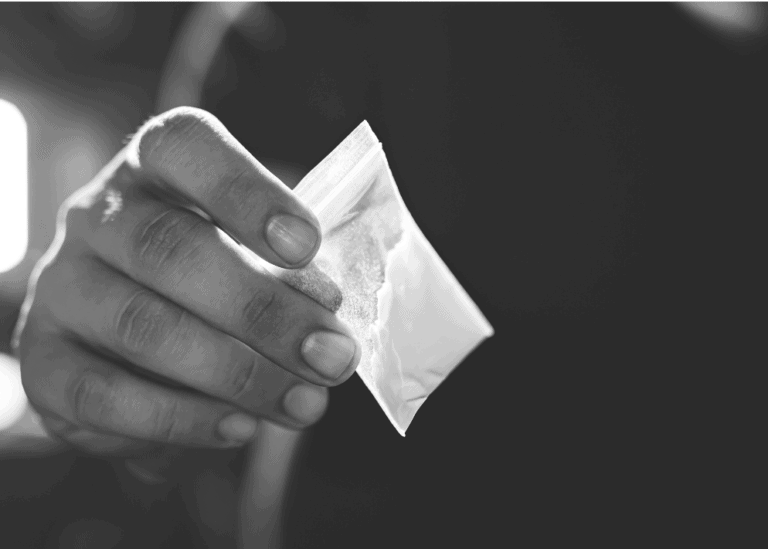Battling addiction is no easy feat. It is super difficult for the person facing their own demons, but it is also extremely difficult for the people who love them. If you find yourself living with someone who is an active addict or recovering addict, you know how hard it can be. There is a level of distrust that is always present, and your anxiety can go through the roof if there is even the slightest doubt about their sobriety. It is an extremely difficult situation and one that takes serious nerves of steel.
How to Cope When Someone Close to You is Battling Addiction
No matter who the person is – your spouse, child, brother, or mother, it is always difficult to deal with someone battling addiction. There are two very separate scenarios, one where the person is in active addiction, and another where the person is in recovery. Here are some ways you can deal.
Active Addiction
Active addiction means the individual is currently taking drugs or alcohol. In other words, they are in the midst of their addiction and need to make major changes to stop it before they hurt themselves more or even die. Active addiction is unpredictable, and chances are you are living with a lot of fear, anxiety, and unknowns.
No matter what the person is addicted to, from alcohol to heroin, the best thing to do is get them into treatment as soon as possible. Until you do, it is important to make sure you aren’t unintentionally enabling them. Enabling means doing things like giving them money or making excuses for their behavior. It may seem like you are helping, but at the end of the day you are only helping them to mask their addiction and keep up their behavior. Tough love is important, but it is also difficult. You need to learn how to set boundaries and stick to them so that you don’t end up handing your entire life over to the person battling addiction.
Recovery
Recovery from drugs and alcohol is great and is the goal for anyone in active addiction. However, there still comes with it a big level of uncertainty for loved ones. First and foremost, there is always the fear that a relapse can happen at any time. The statistics show that relapse happens at a very high rate, especially in the first few months of recovery. If you live with a loved one in recovery, it is important to know the signs of relapse so that you can learn to intercept them before it turns into a full-blown relapse.
Relapse often is a slow process that begins with an event or a change of thought. Days or weeks can go by until they actually physically ingest drugs or alcohol. The earlier you can spot the signs and run interference, the better. It is also important to know how to live independently. People in these kinds of relationships are often codependent on one another. You have to have your own life and not rely completely on the person battling addiction for your own happiness. Addiction is volatile. In order to keep some kind of peace and stability in your life, you’ll have to work on being happy with your own self.
Self Care Is The Key
No matter what kind of situation you are in, if you are living with a loved one battling addiction, you need to take care of you. Continue to move forward in your life and not to build your life around them. You can support them and help them as much as possible, but it is important to create some kind of separation so that you can continue to live a happy life. Remember that you are your own individual, and if walking away from the situation is possible, you may want to consider it for your own well being. If you can’t, continue to work on your own self-care as much as possible to be able to be strong and level-headed no matter what comes your way.
Do you need help for a loved one who is battling addiction? Give Asheville Recovery Center a call today to see how we can help at 866-315-8998.






